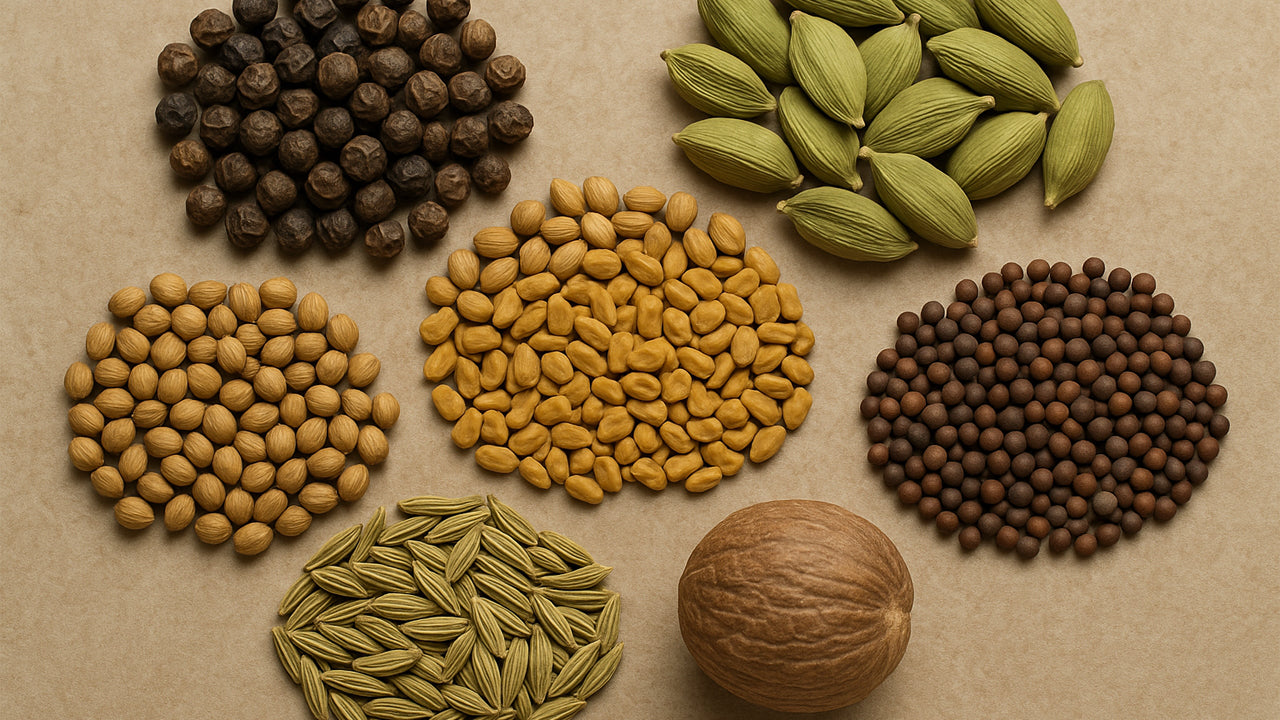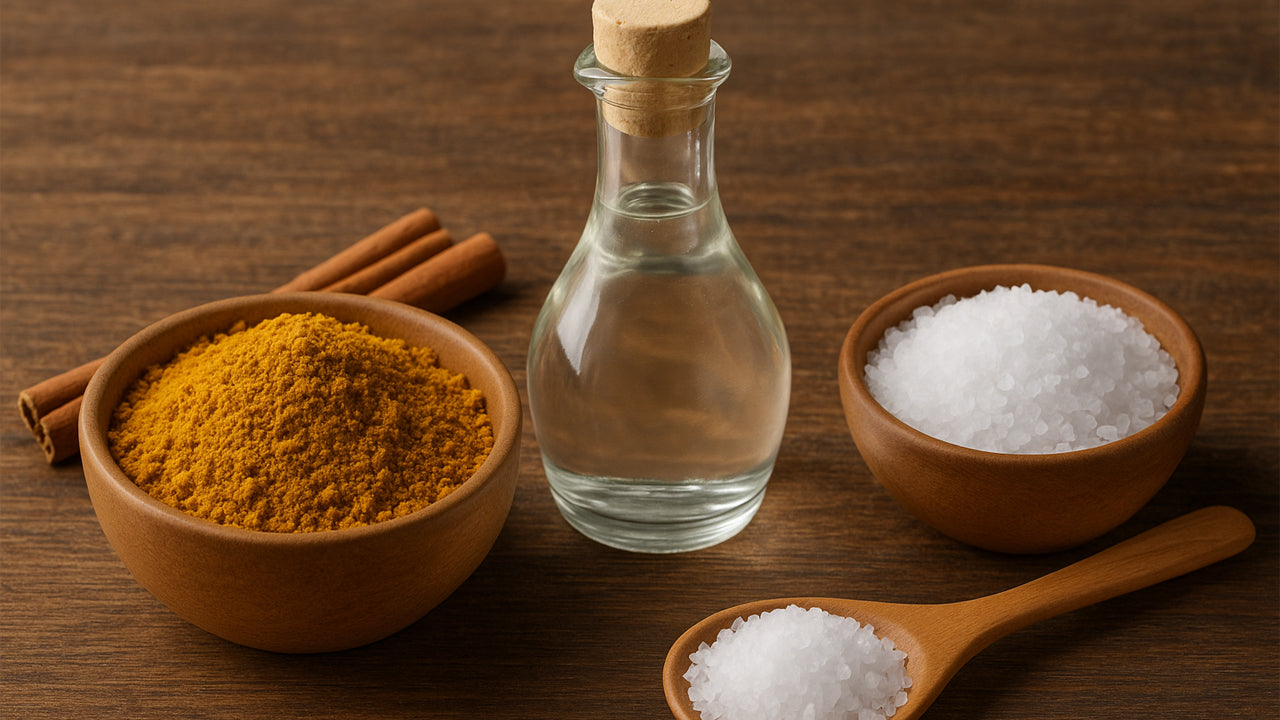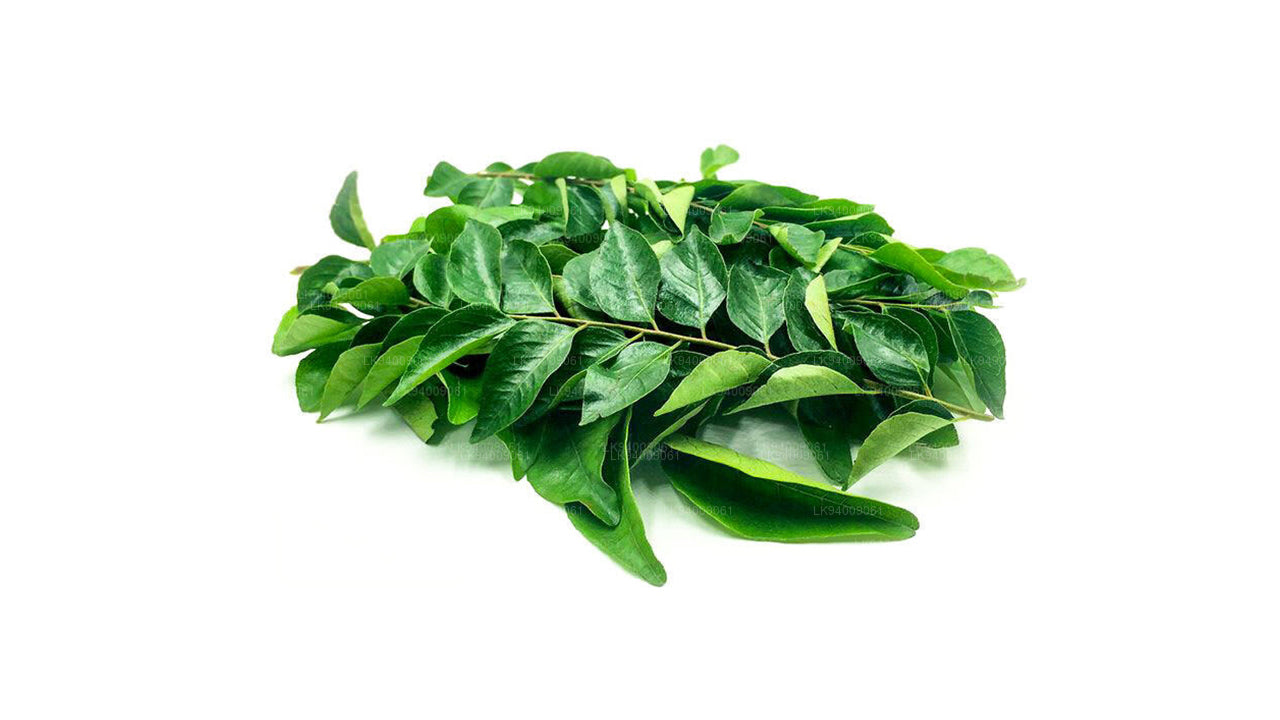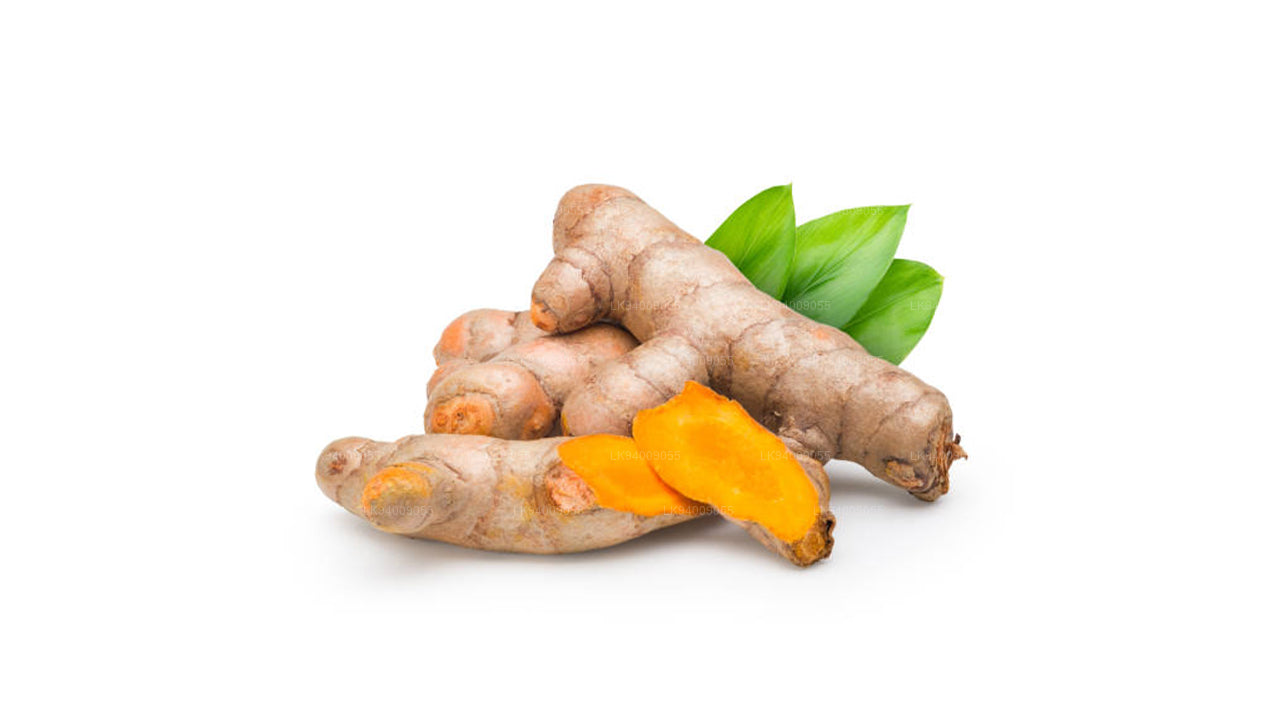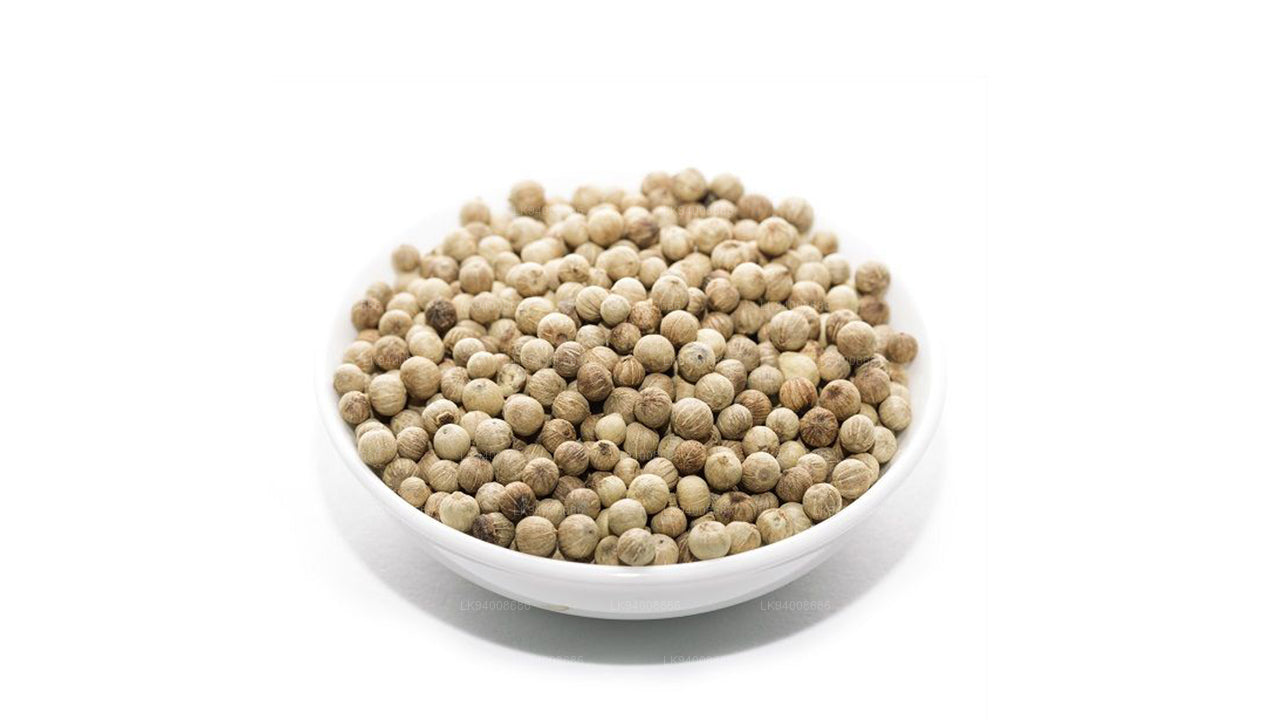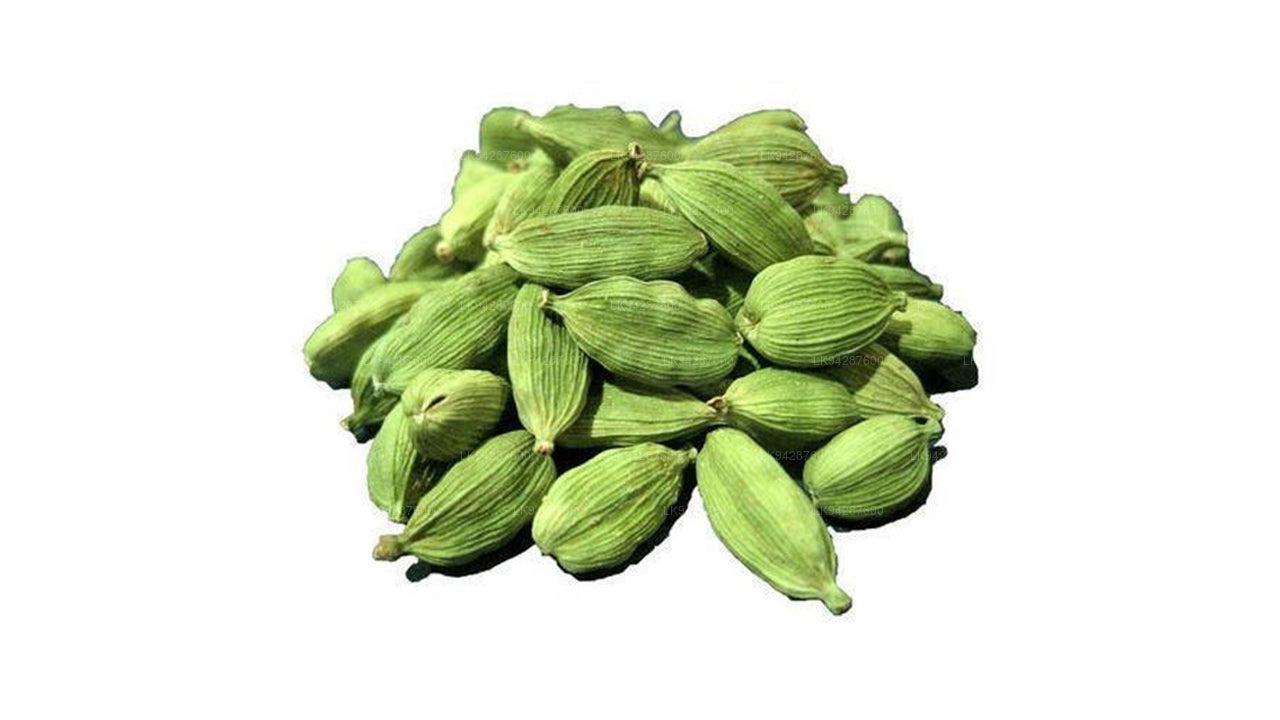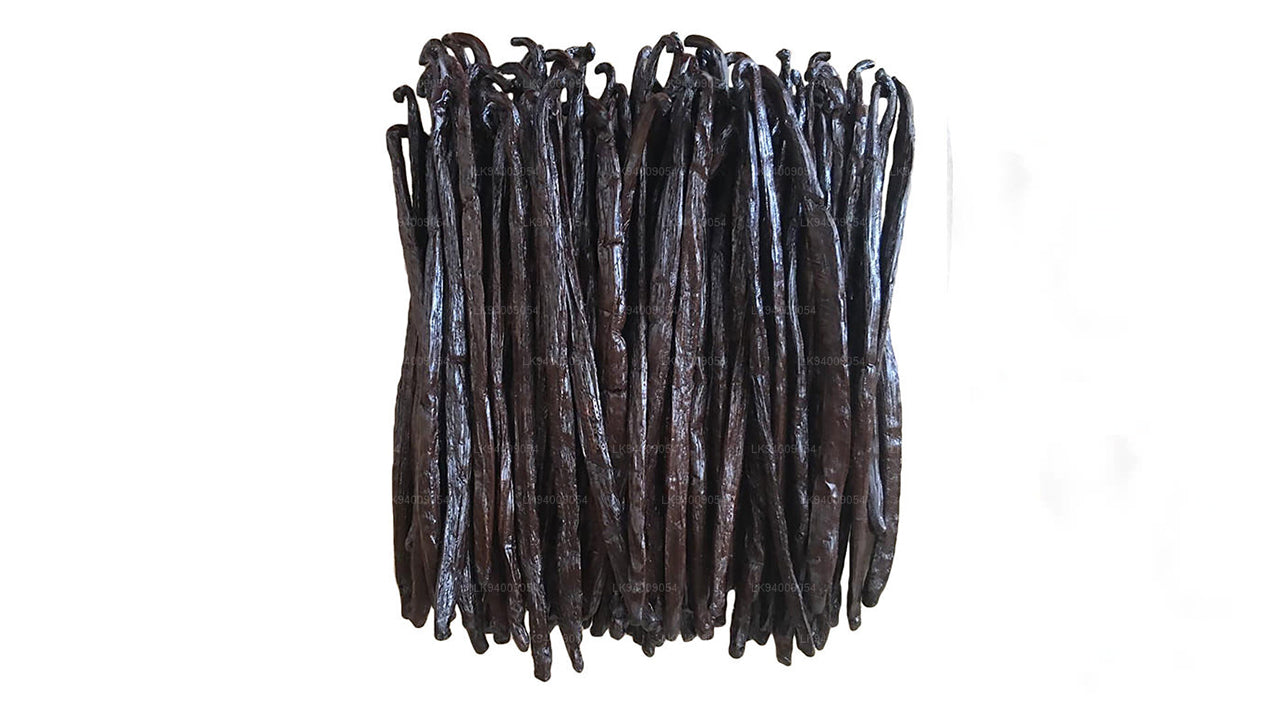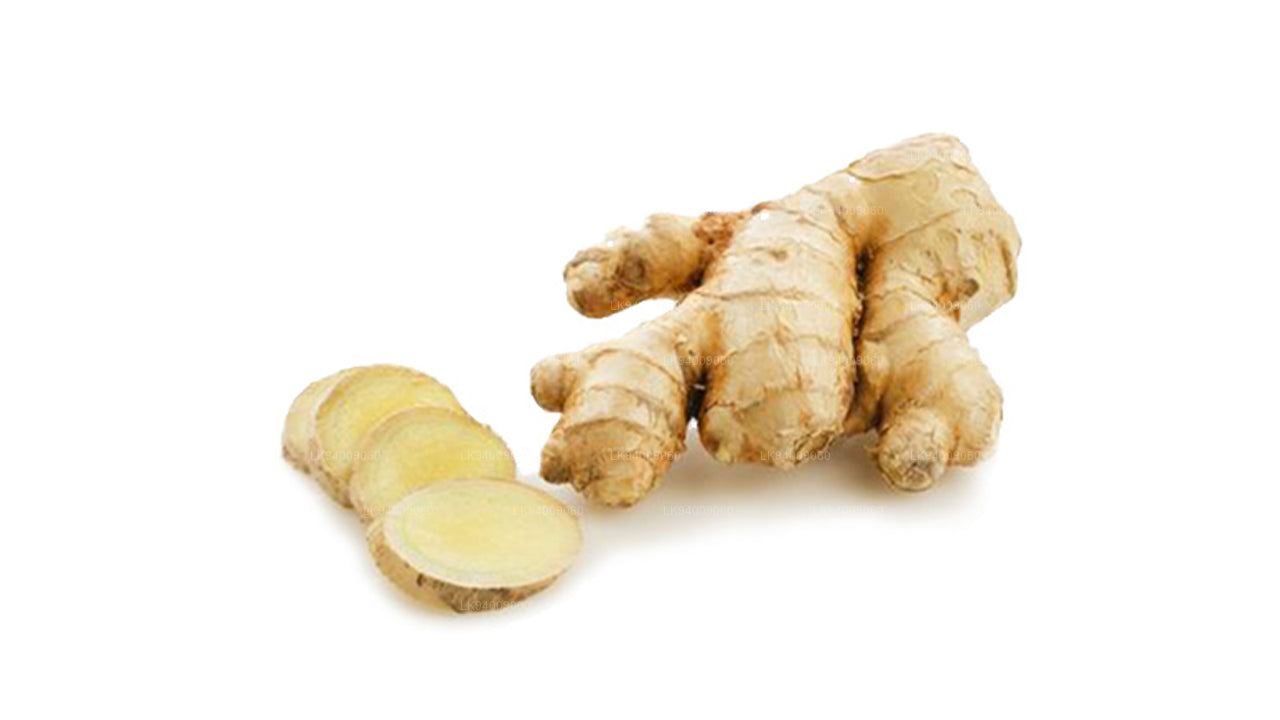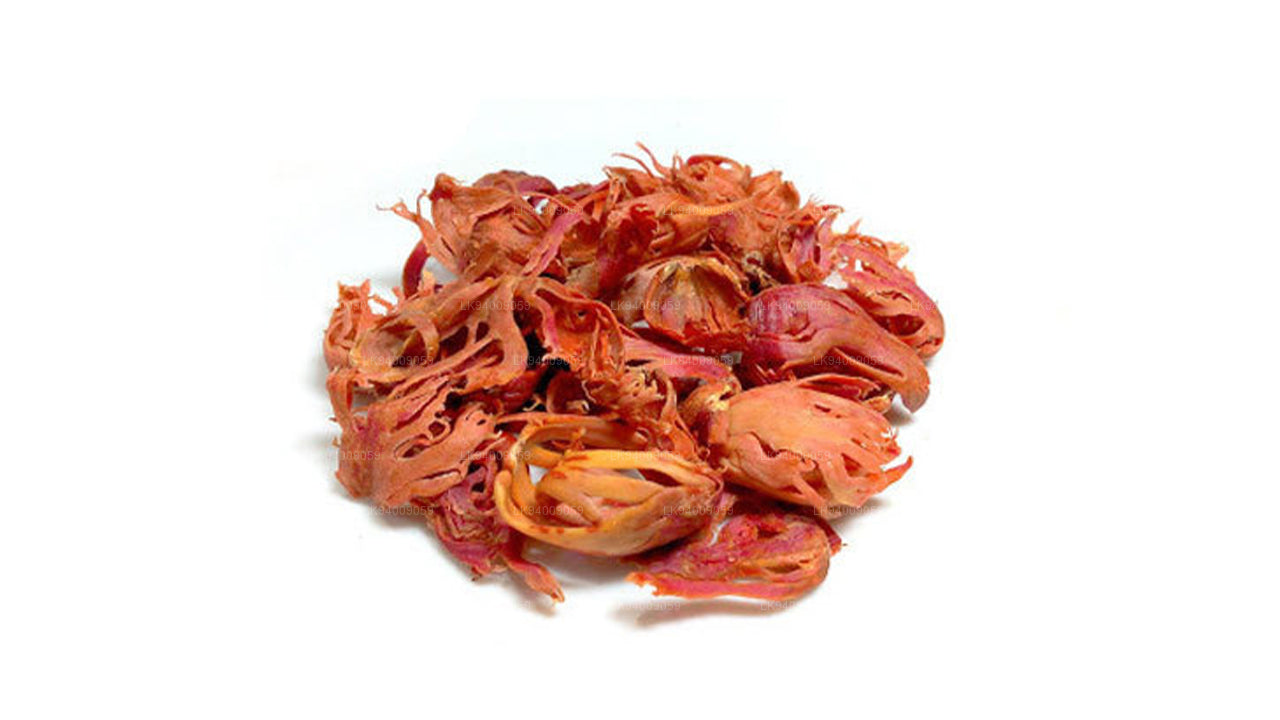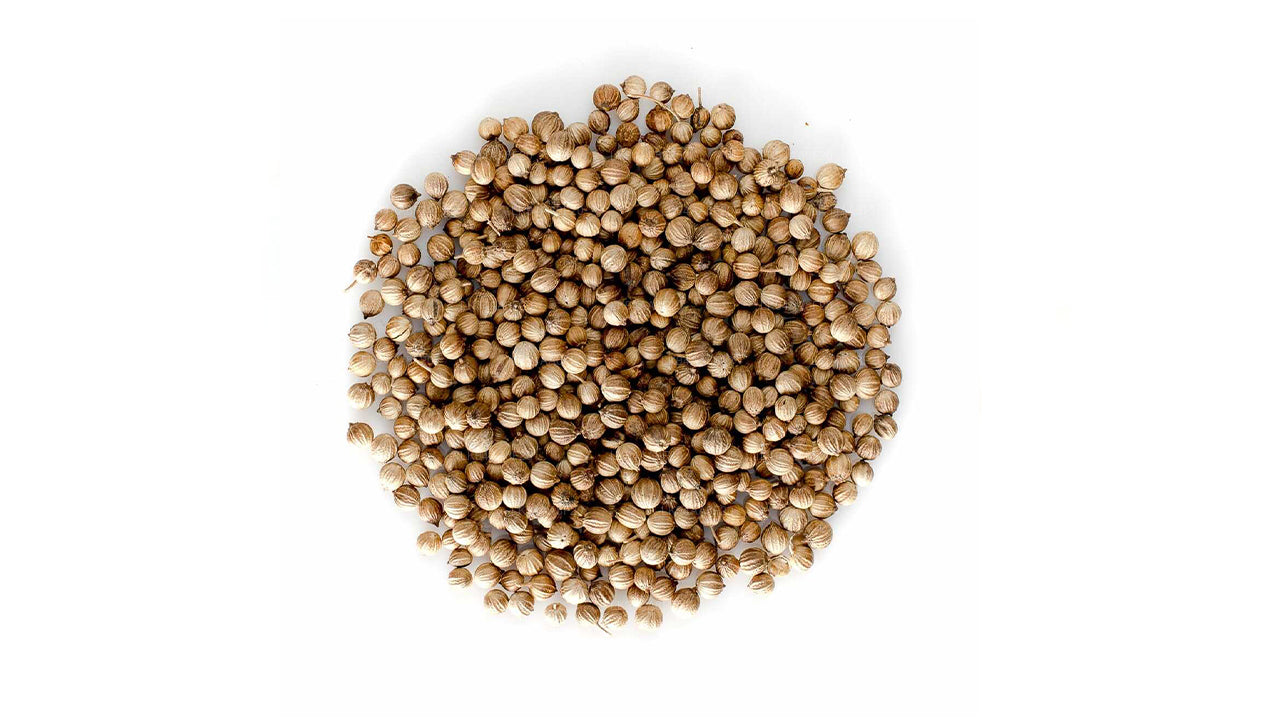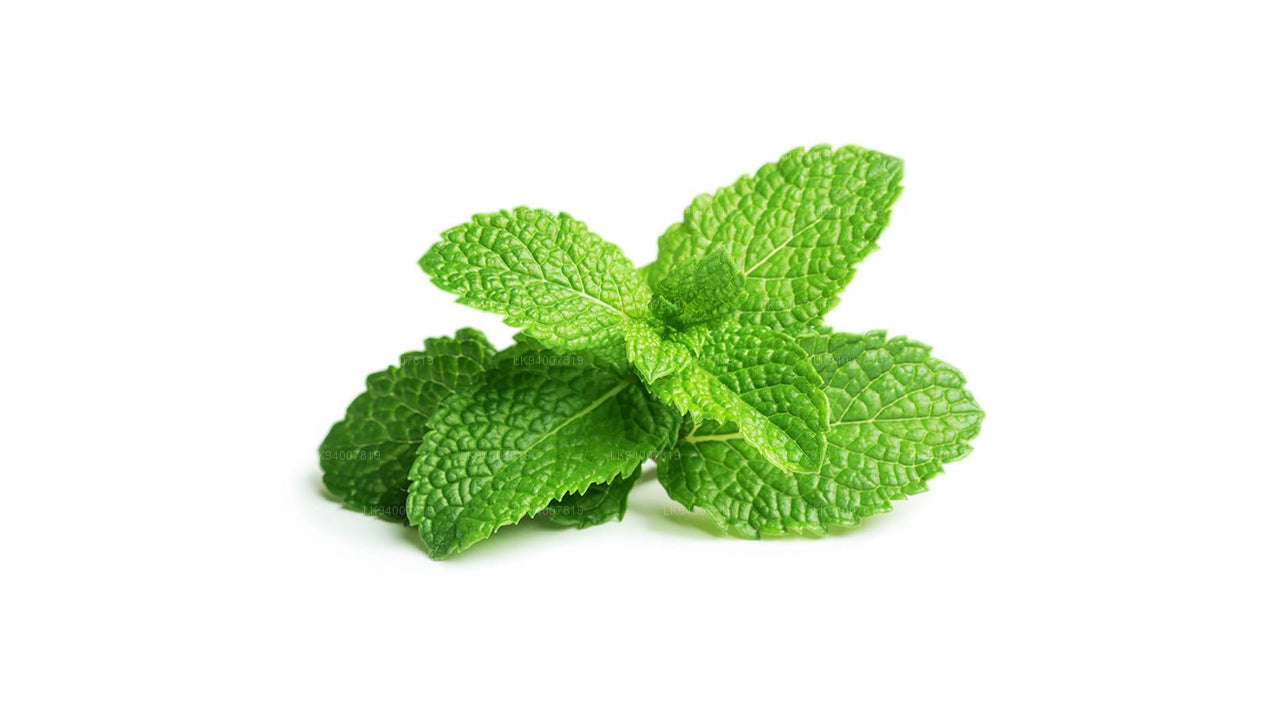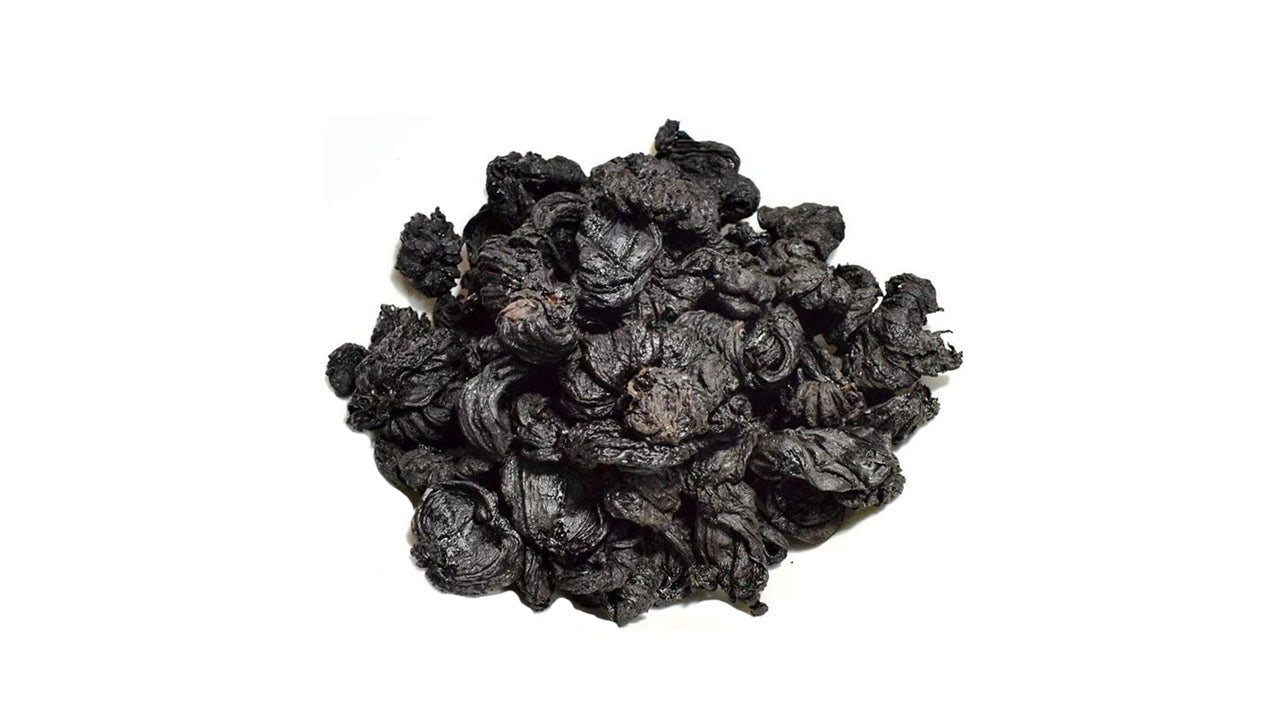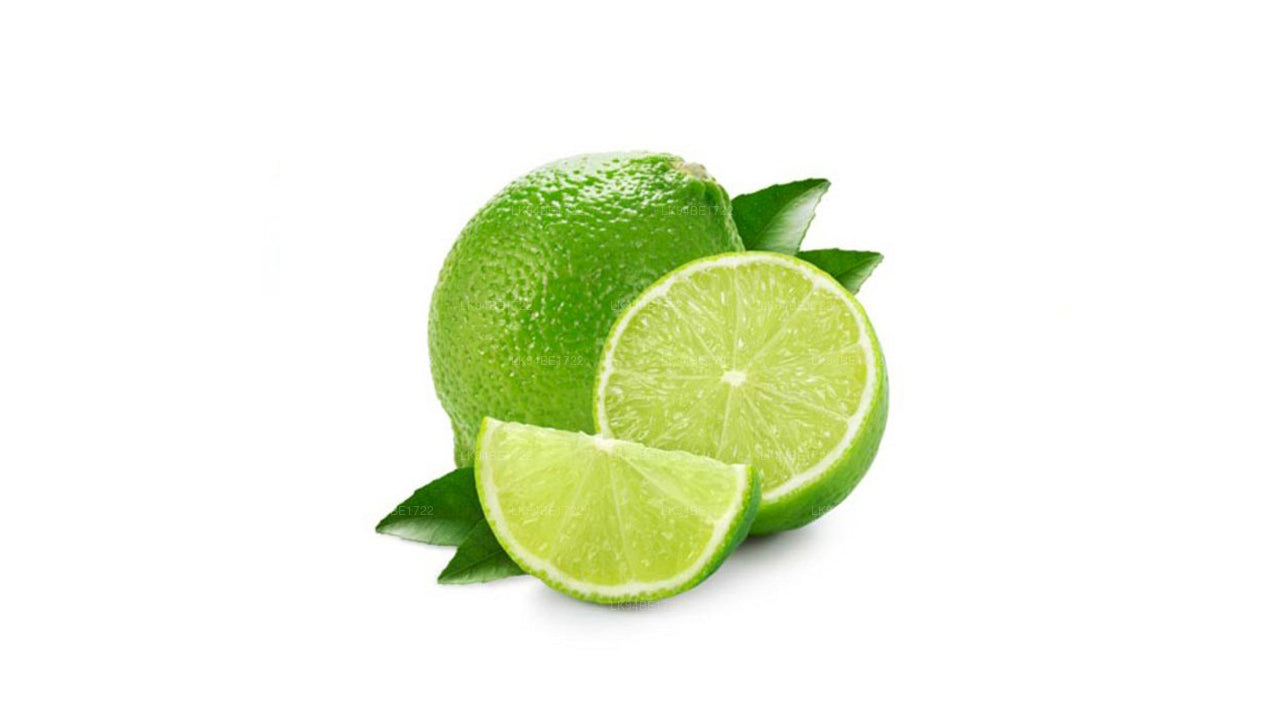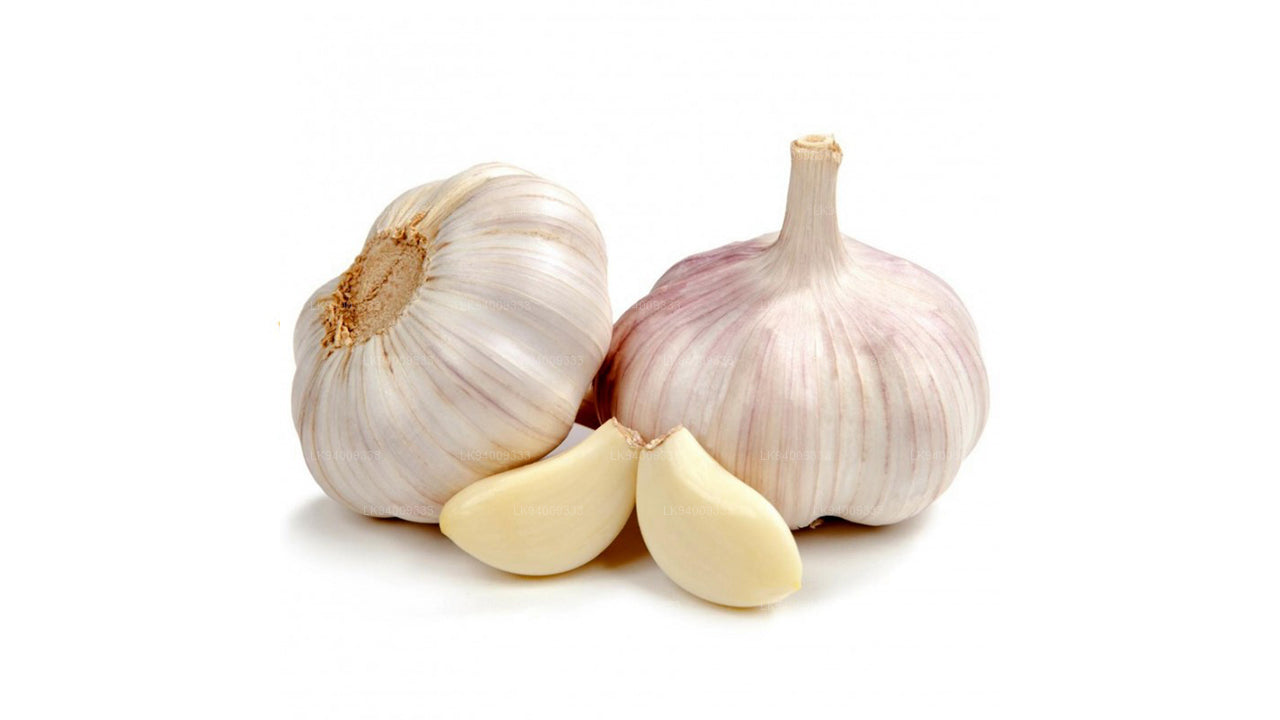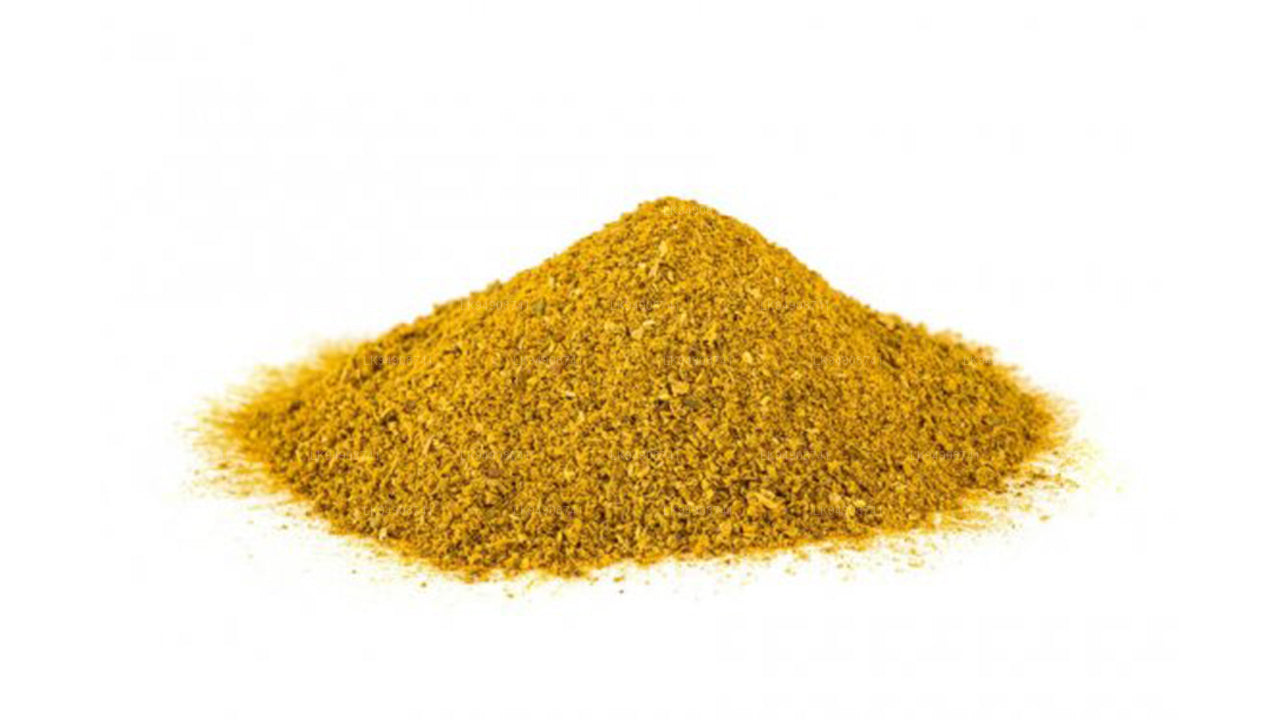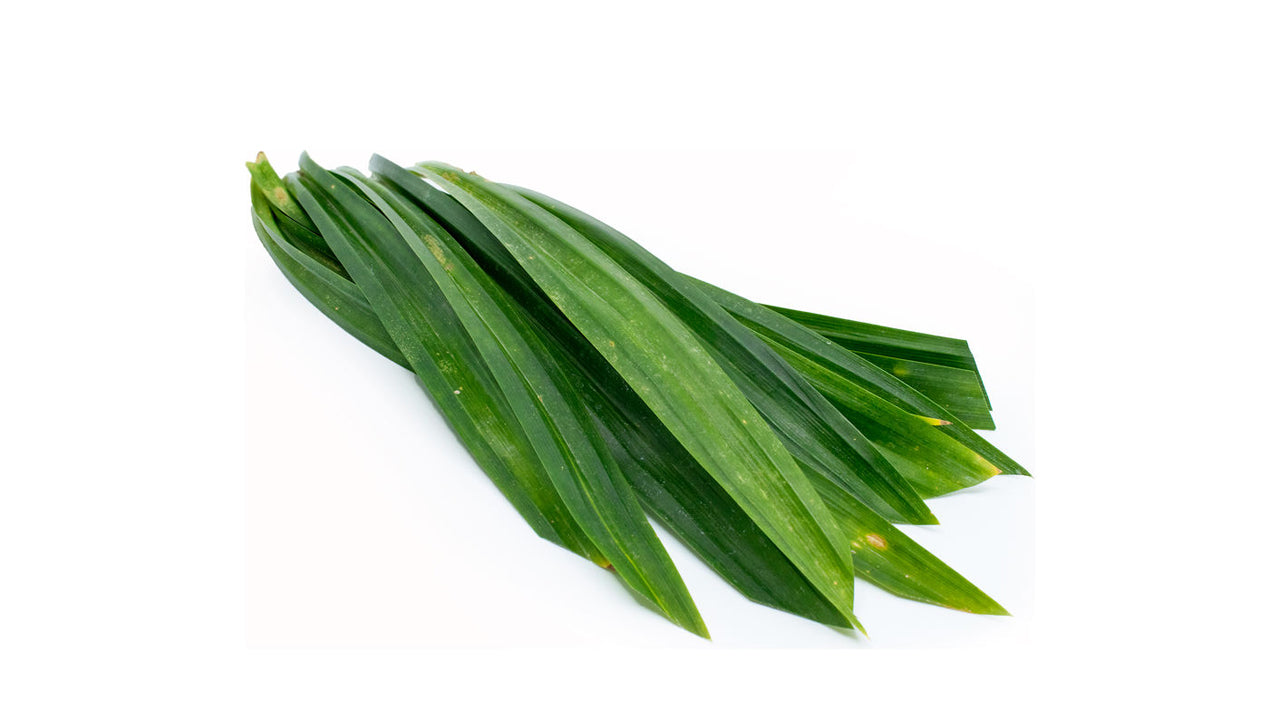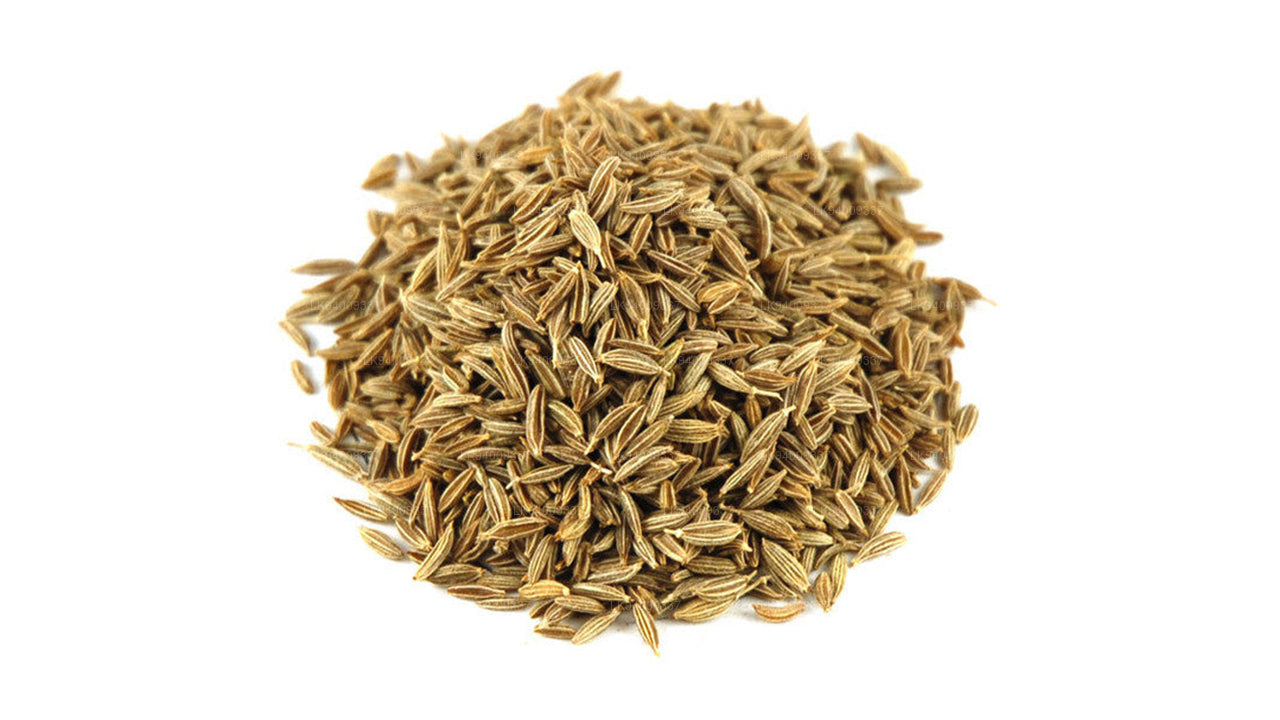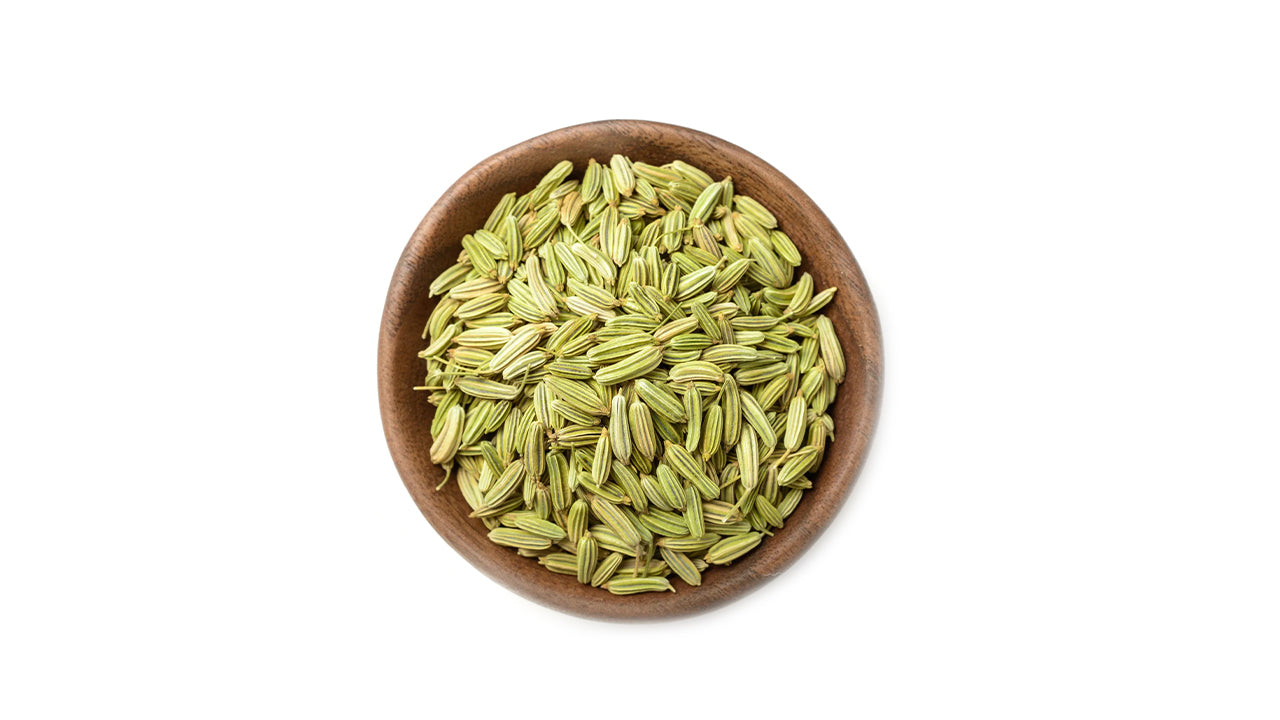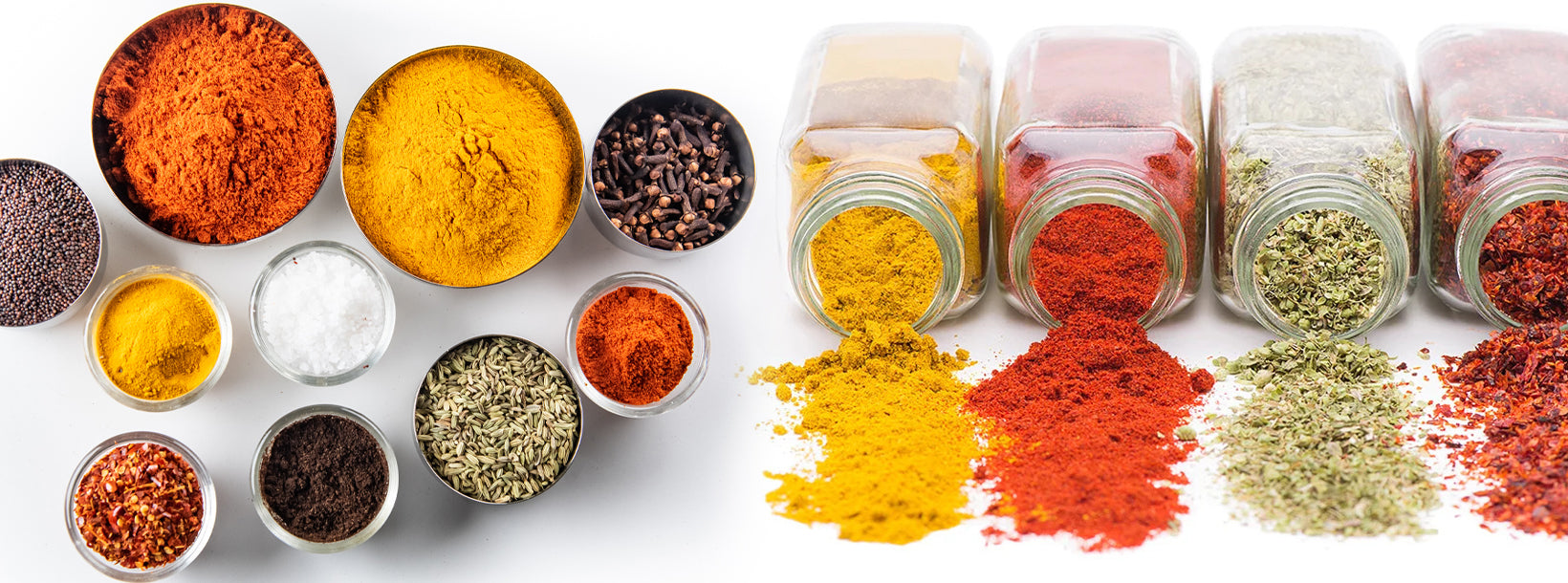
Spices
Ceylon Spices refers to the premium, aromatic spices sourced from Sri Lanka, renowned for their rich flavors and high quality. These spices include cinnamon, cardamom, cloves, and pepper, often regarded as some of the best in the world due to the island’s ideal growing conditions and traditional cultivation methods.
Sesame Seeds
Sesame seeds are one of the oldest and indispensable condiments ever known to mankind. They are versatile, fragrant, and are nutty variants. The seeds add a crunch to a variety of Asian and Middle Eastern dishes. Moreover, it is also used as a cooking oil and to make sauces and dressings. Sesame seeds are known for their food flavor-enhancing abilities too.
The potent nutritional benefits of sesame seeds include their ability to improve heart health, lower blood pressure, build strong bones, improve male fertility, and manage diabetes. They also help cure sleep disorders, improve digestion, reduce inflammation, boost respiratory health, aid in dental care, and treat depression and chronic stress.
What are Sesame Seeds?
Sesame seeds (Sesamum indicum) are tiny edible seeds of a plant of the Sesamum genus, native to both India and Africa. They are considered the oldest oilseed crop in the world and have been cultivated for more than 3,500 years. These seeds have a nutty flavor and they can be purchased either shelled or unshelled. They are commonly added to salads as a topping for bread and grain products, crackers, sushi, cakes, soups, or as breading for fish and meat.
Also, sesame oil, derived from the seeds, is a rich source of nutrients with both laxative and emollient properties. The seeds themselves are very small, only 3-4mm long and 2mm wide, yet 3.85 million metric tons are produced every year. The seeds are initially found in a black hull inside a pod. Once they are removed, they must be stripped of their shells. They come in a wide variety of colors, depending on the variety or strain of the sesame plant.
Nutrition Value of Sesame Seeds
Sesame seeds are a rich source of natural oils, lignans, antioxidants, protein, dietary fiber, and vitamins and minerals like calcium, iron, potassium, phosphorus, magnesium, B-vitamins, and vitamin E according to the USDA. Additionally, these tiny seeds are packed with potent amino acids like tryptophan and fat-burning polyphenols like sesamin and sesamol. Researcher Dr. Fereidoon Shahidi with over 600 published research papers, demonstrated the considerable antioxidant activity of sesame products in one of his studies in the journal Food Chemistry.
Benefits of Sesame Seeds
The wide range of health benefits of these seeds is explained in greater detail below. Sesame seeds contain zinc, a vital component in the formation of collagen, which strengthens the muscle tissue, hair, and skin. Also, sesame oil contains vitamin E, which reduces the appearance of burns and marks on the skin, as well as helps avoid signs of premature aging.
- Hair Health
Sesame seeds are rich in plant polyphenols, which help promote hair health. Sesame seed oil is often massaged into the scalp to reduce premature greying and boost hair growth because of the presence of vitamins and minerals. The amino acids and antioxidants in this oil help return the shine in dull hair.
- Elevates Heart Health
Natural oil-soluble plant lignans present in these seeds help in the reduction of hypertension, according to several research studies. This, in turn, hel




